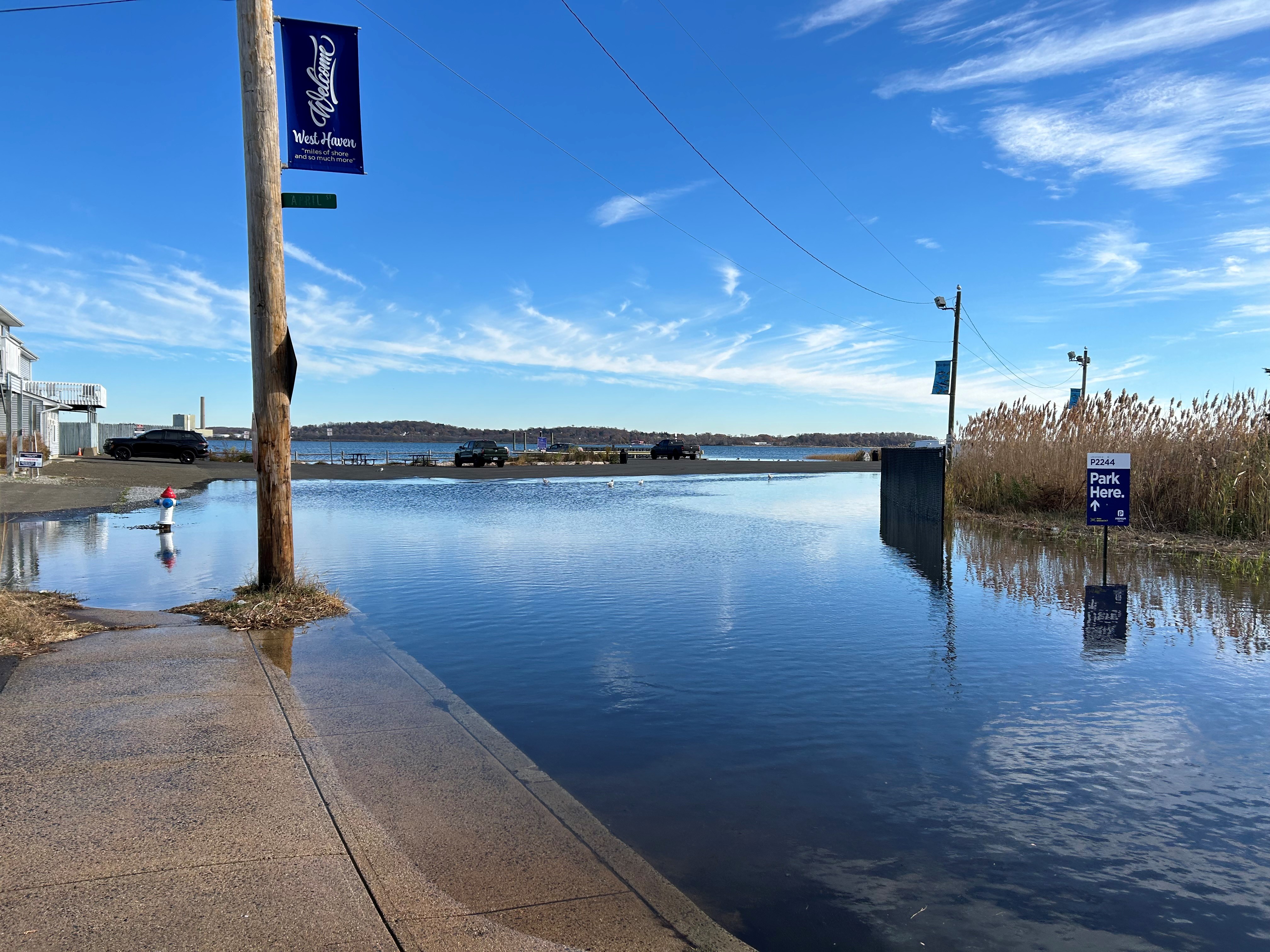
Celine Dion opened up about the rare condition that has sidelined the music superstar.
She spoke to TODAY’s Hoda Kotb for an NBC News special that aired on Tuesday.
“What was happening to your voice? When you were trying to sing and—" said Kotb.
“It's like somebody is strangling you. It's like somebody is pushing your larynx/pharynx,” said Dion.
Get top local stories in Connecticut delivered to you every morning. Sign up for NBC Connecticut's News Headlines newsletter.
Dion spoke about her battle with a rare neurological disorder called stiff person syndrome.
The condition causes involuntary muscles spasms anywhere from head to toe.
That can be triggered by a host of things including strong emotions, sounds and even temperature changes.
Local
“There is not a cure for it at this time. However, we've come a long way with being able to manage the symptoms. So that's really the approach that we look at is how can we minimize these muscle spasms?” said Dr. Jennifer Hankenson, a Yale Medicine physical medicine & rehabilitation physician and an assistant professor at Yale School of Medicine.
While the disorder is linked to a faulty autoimmune response, a lot is still not known about what causes it.
And recently a major conference about the condition was held in Connecticut.
“It's the largest global conference for stiff person patients and families whereby we have patients from all over the United States fly here to Hartford,” said Dr. Duarte Machado from the Chase Family Movement Disorders Center, which is part of the Hartford HealthCare Ayer Neuroscience Institute.
Experts say the prognosis can be good many times with the right treatments in place.
And they give credit to the music legend for being so open about why she’s stepped away from the stage.
“Now that fortunately Céline Dion has become so public and vocal about her own condition that's raised awareness of patients are being identified earlier and being treated earlier, which is important,” said Dr. Machado.
“When this is in the forefront in the news, I do think it can help generate interest in funding for further research and definitely I think it helps other patients who have the condition to feel less alone,” said Dr. Hankenson.



